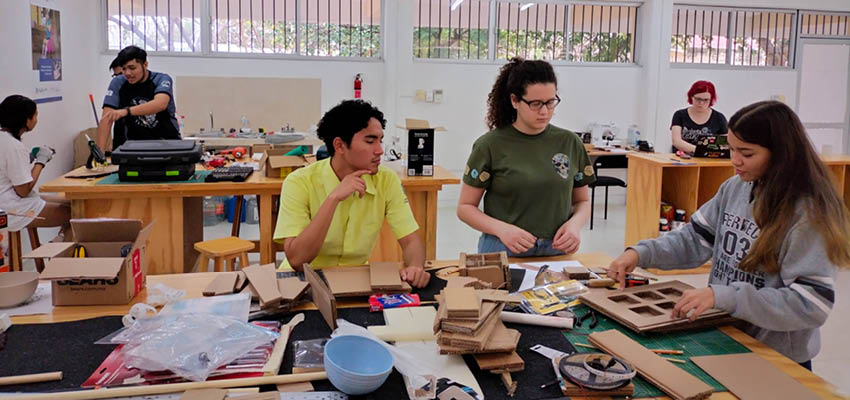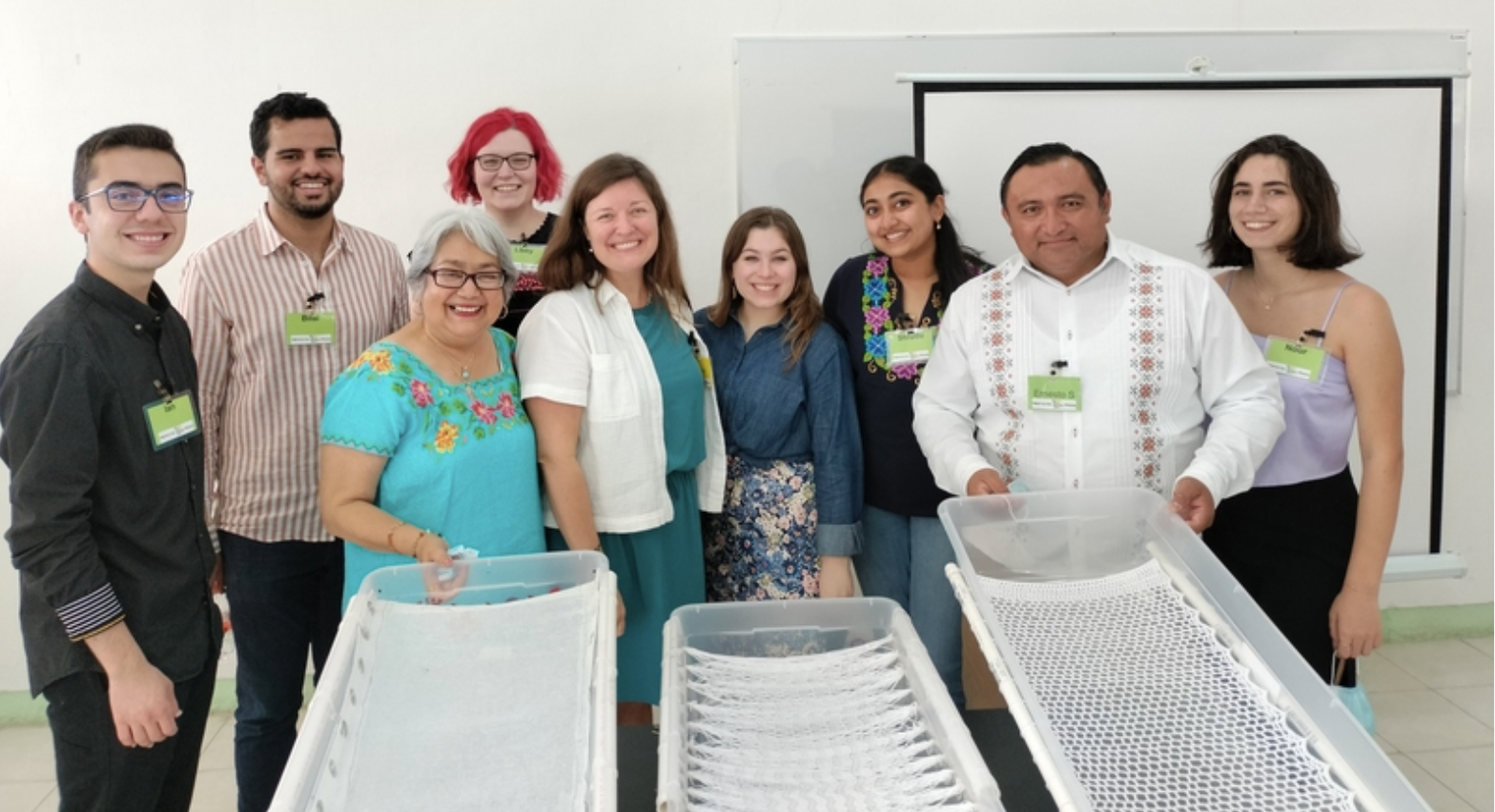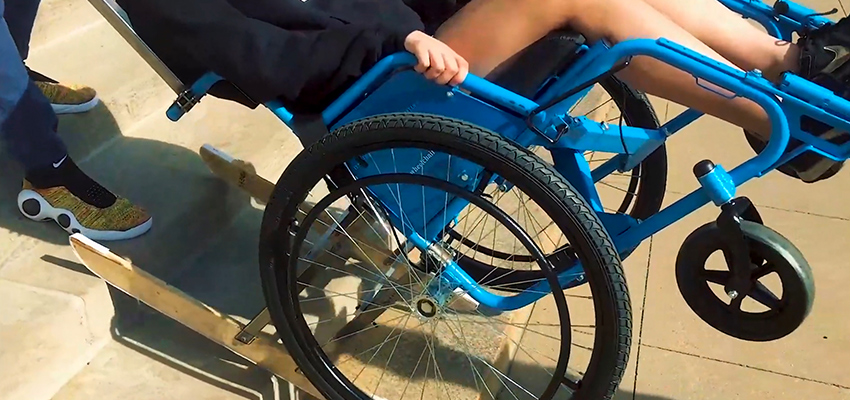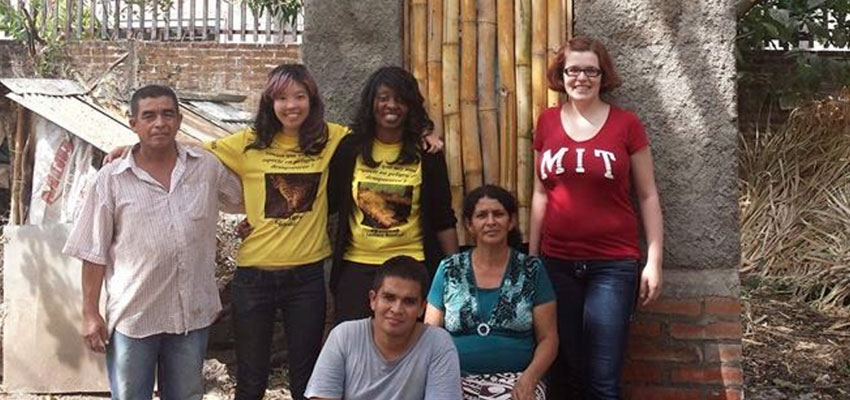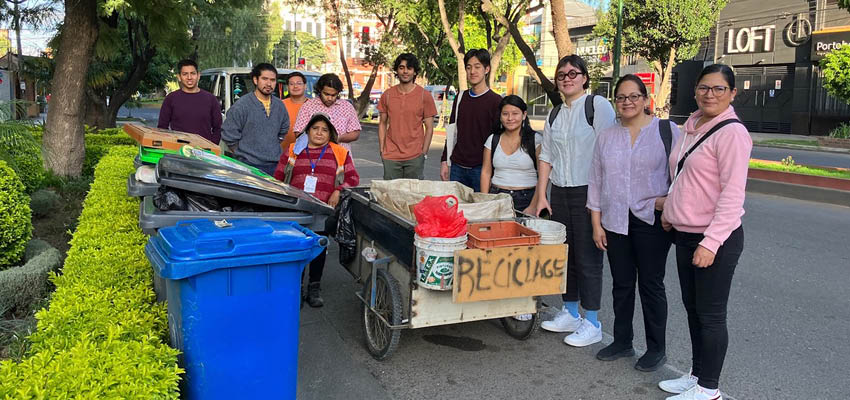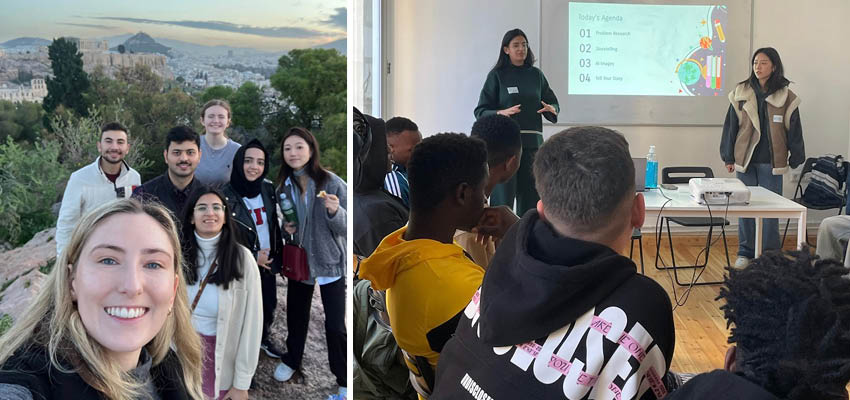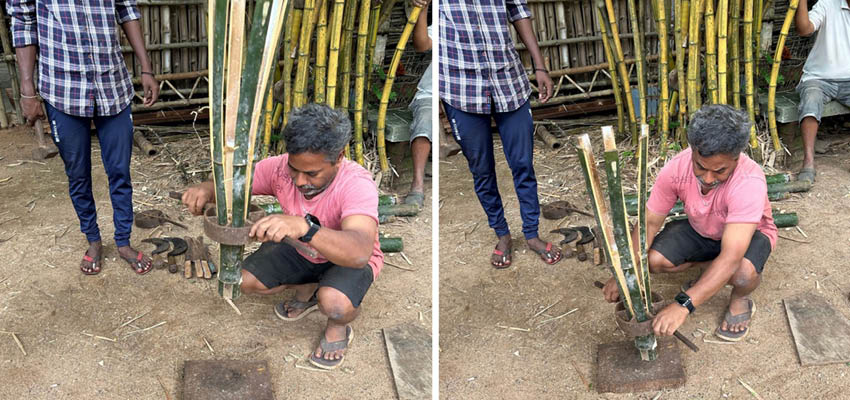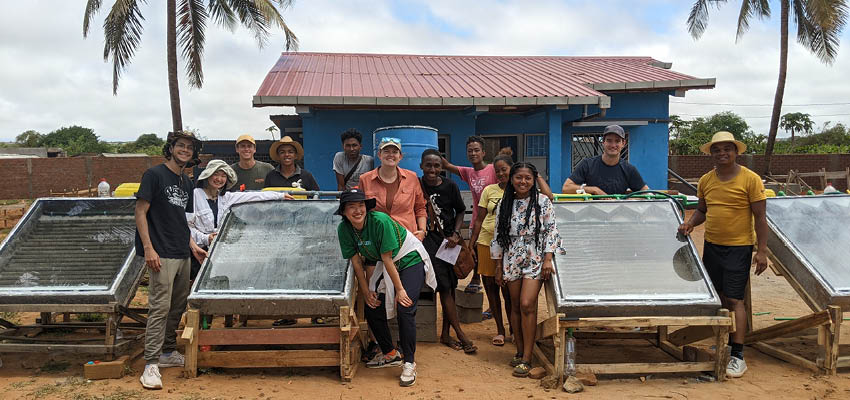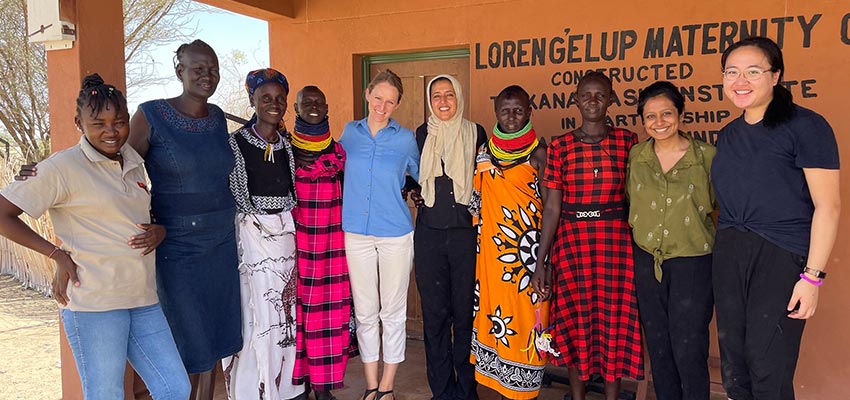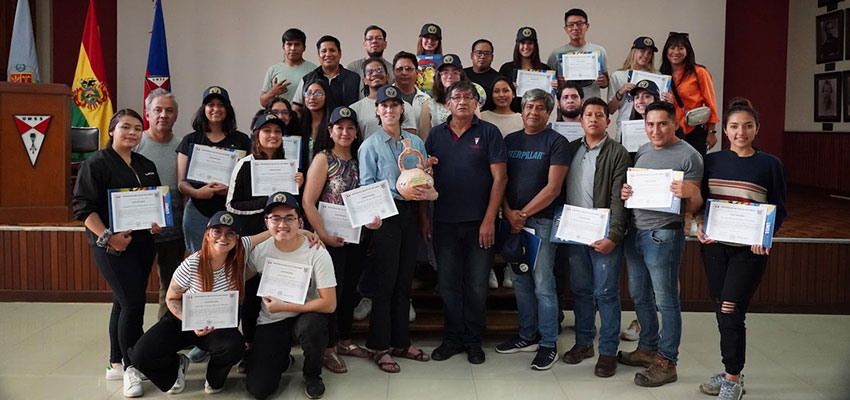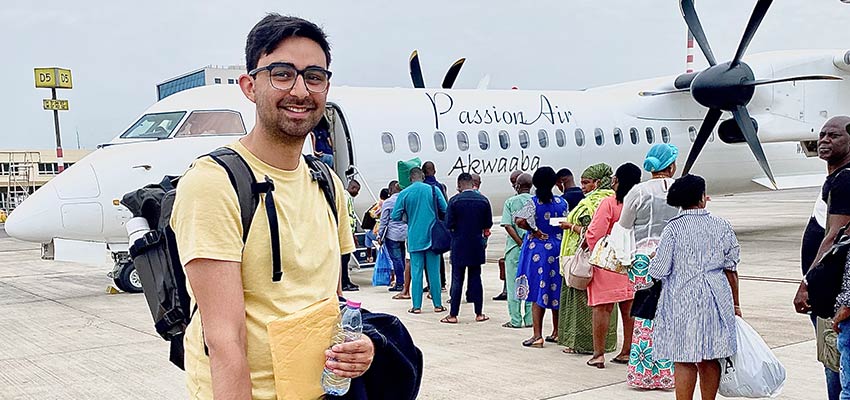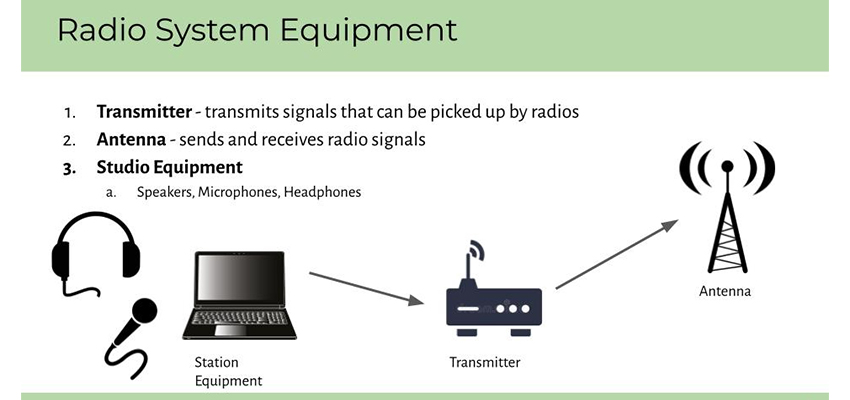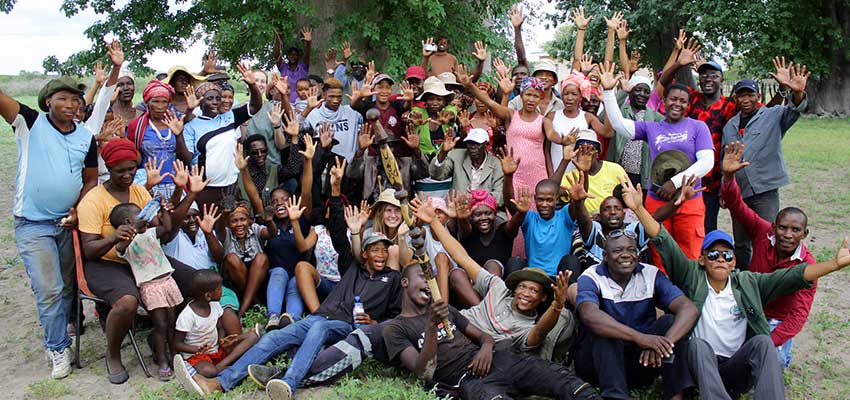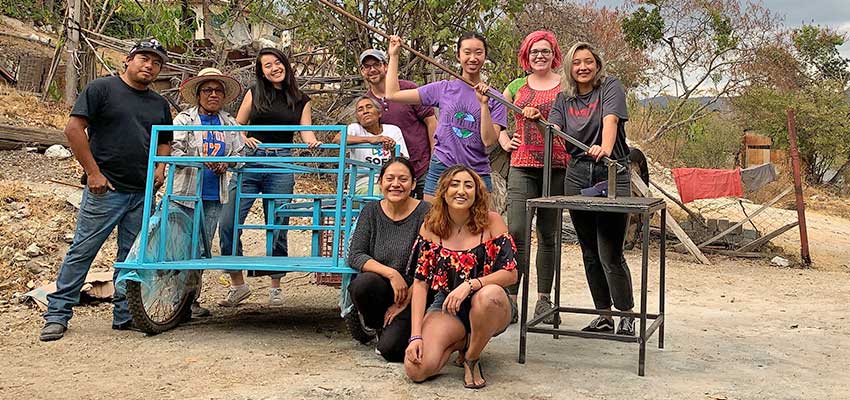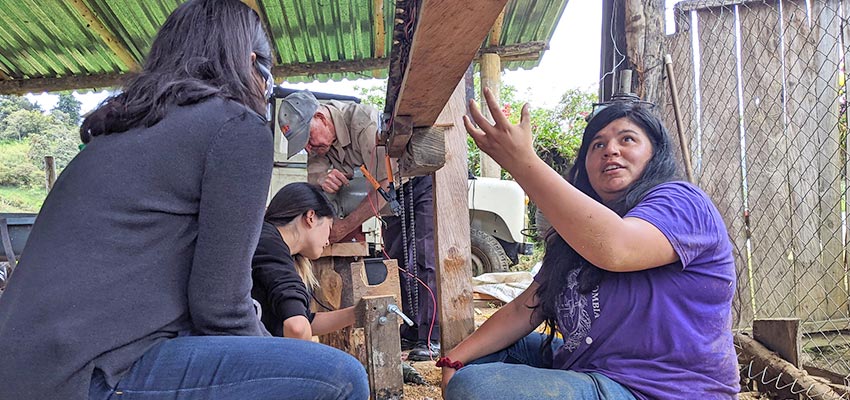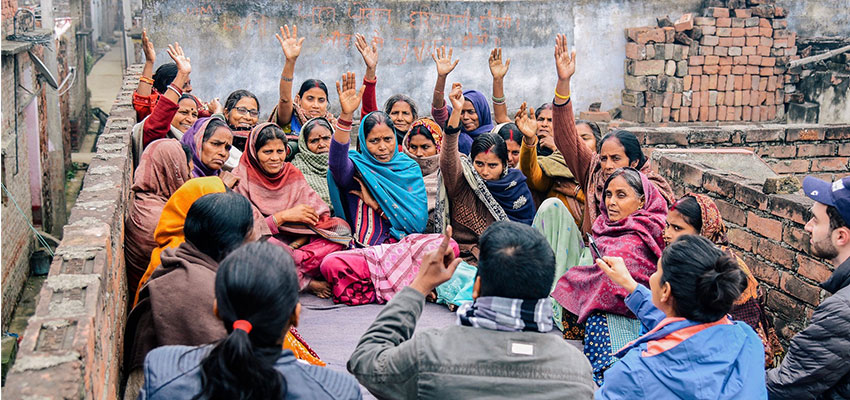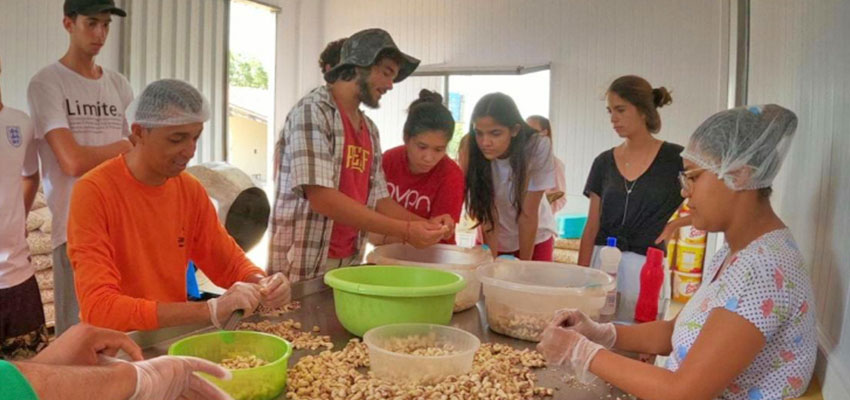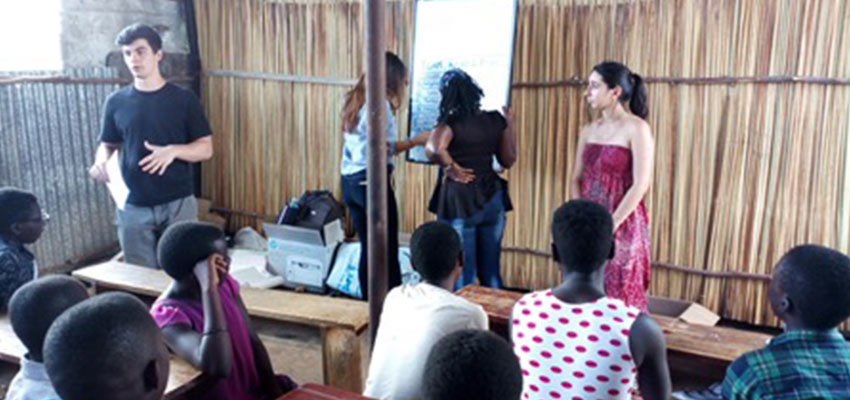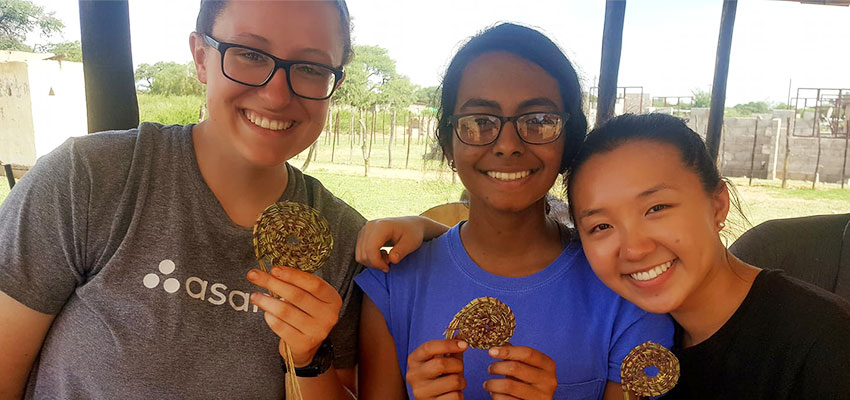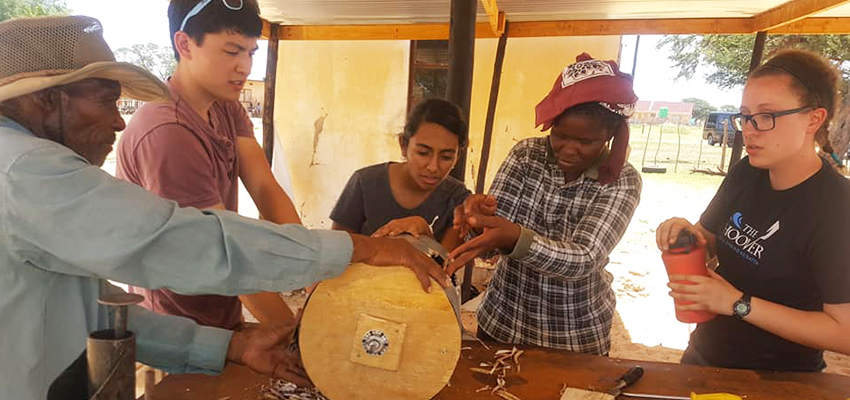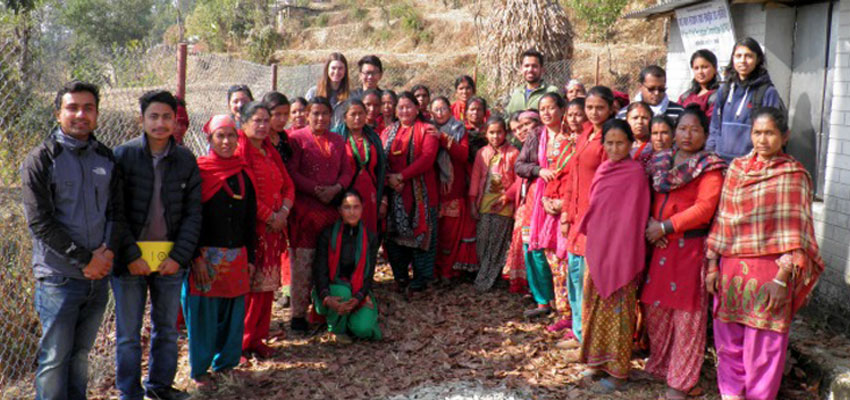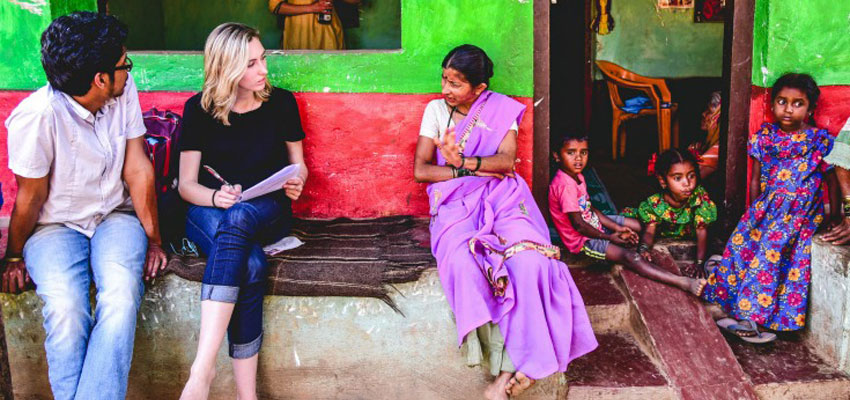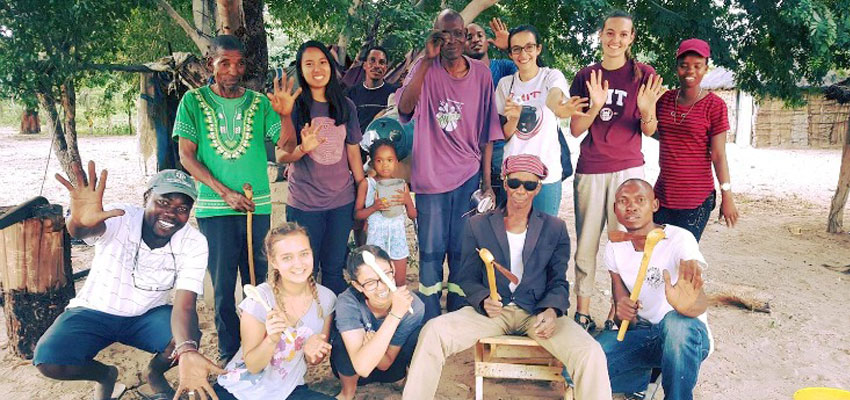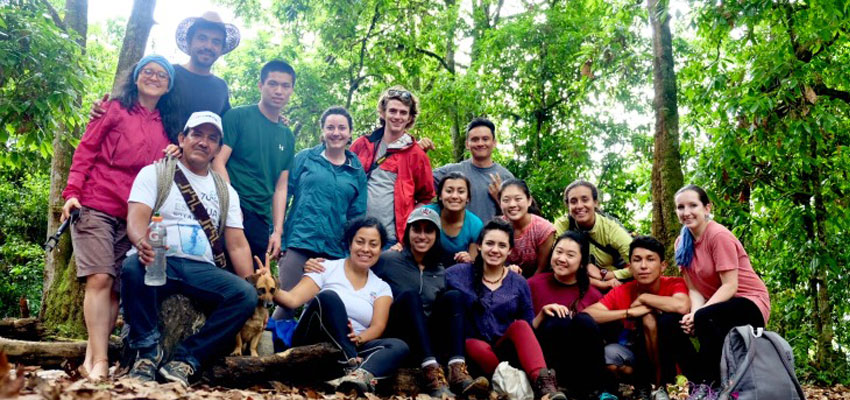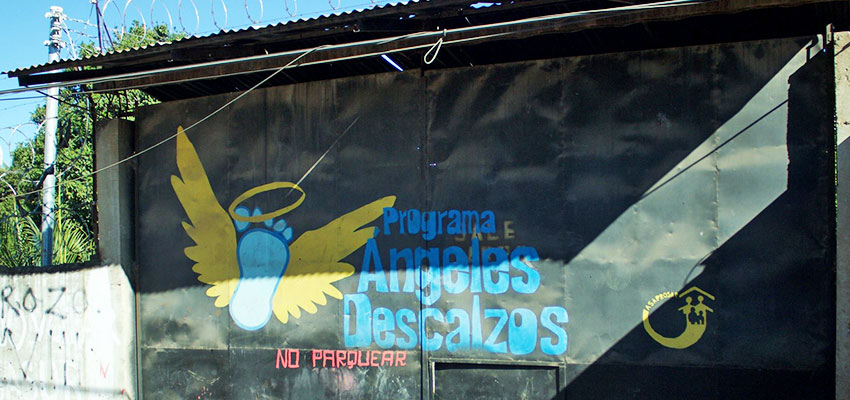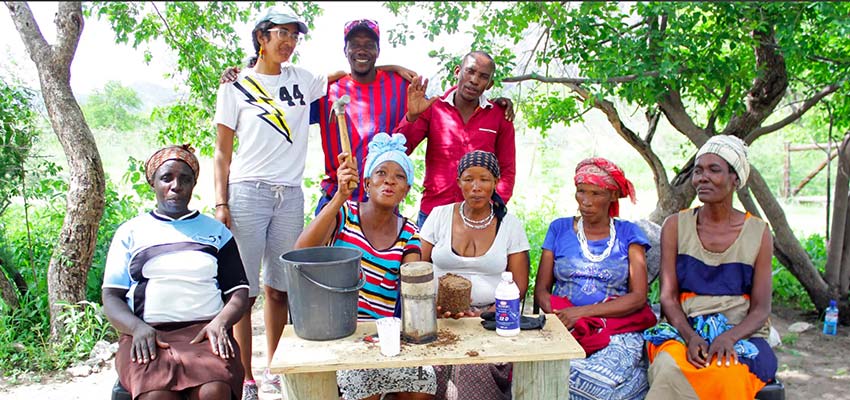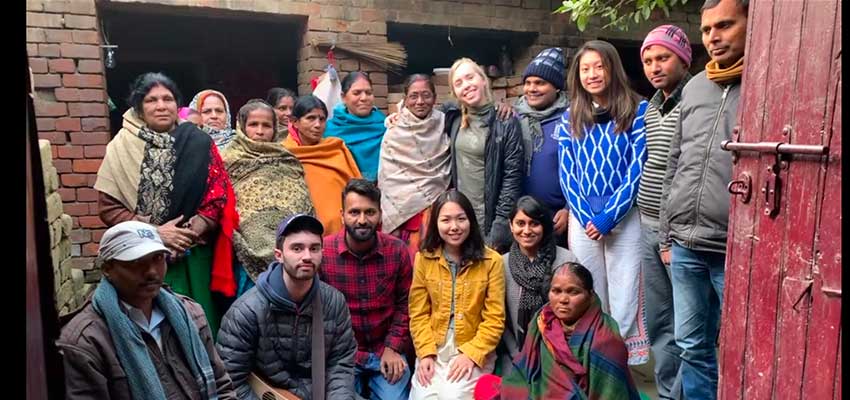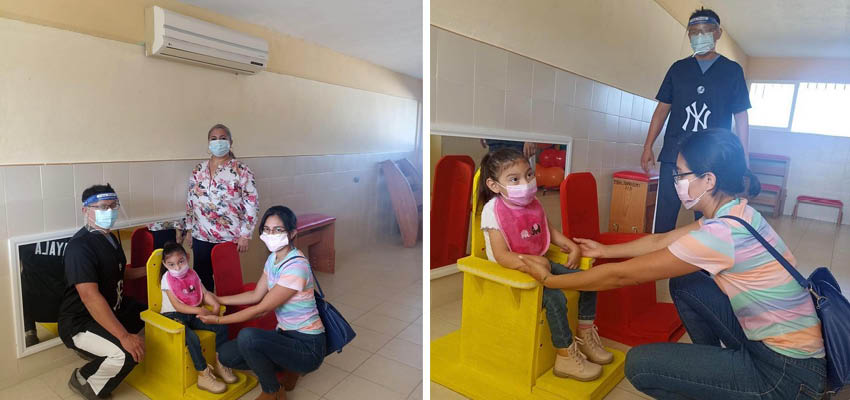
Working Perkins International and the Ministry of Education in Yucatán, Mexico to design and develop assistive technologies for disabled students to use toys or electrical appliances for educational purposes.
MIT D-Lab Class
Team members
- Helen Hu MIT ’24
- Sophie Zhang MIT ’24
- Sofia Malika Djojonegoro, Wellesley College ‘26
- Juan Antonio Luera MIT ‘24
- Dalila Valdes MIT ‘24
Community partner
- Perkins International
- Maisa Owens, Isabela Garza - Perkins International, Watertown, Massachusetts
- Emilia Hernandez Payan, Ernesto Santana Palma - Project Pixan, Merida, México
Location
Yucatán, Mexico
Problem
Children with disabilities often face significant challenges when engaging with educational toys. Many traditional toys require precise hand-eye coordination and dexterity for effective interaction. The lack of adaptability in the design of traditional educational toys may impede children with disabilities from actively participating in play-based learning experiences. At Perkins School for the Blind, educators are already developing switch-adapted learning toys that are easy and enjoyable to use. We are interested in contributing to this ongoing initiative by developing more accessible, switch-based toys that cater to a diverse range of abilities and needs.
Similarly, high school students with disabilities often encounter challenges in performing real-world tasks, such as operating everyday kitchen appliances. These practical tasks are essential for developing independence and essential life skills. We hope to design and implement assistive technologies, in particular switch-adapted kitchen blenders, that may enable students in this age group to acquire the skills necessary for a more fulfilling life outside of the classroom.
Cultural context
There are two types of special education in Mexico: Support Services for General Education Units (USAER), which are groups of professionals working within schools to support educational integration, and Multiple Attention Special Education Schools (CAM), which are separate schools where children with disabilities are provided specialized resources. About 91% of Mexican schools are publicly funded, and this funding often fluctuates and takes budget cuts from the federal government. Lack of funding leads to the lack of sufficient preparation and training for USAER professionals, along with accessibility issues like the lack of accessible furniture, handicapped restrooms, or appropriate modification for students with sensory disabilities.
In 2018, Perkins International launched Project Pixan in Mexico. In collaboration with the Secretary of Education of Yucatán, Perkins established the first state-of-the-art adaptive design center in Mérida, Mexico. The Center builds and provides ultra-low-cost adaptive furniture and equipment from locally available materials, all custom-built for individual children with physical disabilities in the state of Yucatán. Project Pixan also equips teachers with the necessary knowledge and skills by distributing informative books that have benefited over 11,000 students and 1,500 teachers. This project has been recognized as an “SDG Good Practice” by the United Nations due to its sustainability and replicability.
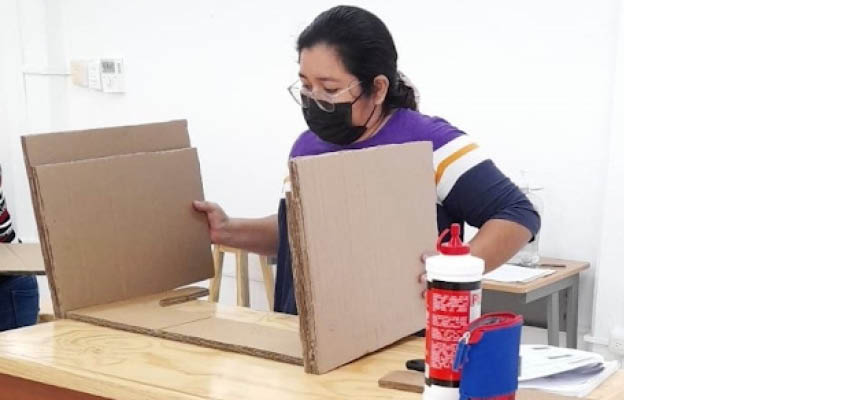
Theory of Change
By developing and documenting an affordable, secure, and user-friendly technique to customize toys and household items, we can empower Perkins to efficiently adapt toys and household items for kids with disabilities. This will expand their outreach, enabling them to assist a greater number of children and significantly improve the quality of life for many more children with disabilities.
Proposed solution
To address the lack of accessibility built into current toys and household items, Perkins wants to expand the use of switches to their Mexico branch. A challenge that continues to hound the Mexico team is the absence of a process that is easy to follow. Making these switches can be hard, especially for those with no prior experience! To combat this, the D-Lab team aims to create an instruction booklet and accompanying video in both English and Spanish. There are two main areas of focus: toys and household items. For toys that are simpler and only have one button, we plan to have an easy-to-follow tutorial that outlines how to modify the toy to make it activate with external switches. The video below shows an example of this in motion. For more complicated household electronics such as blenders, we will make small electric circuits in a PCB that can easily be connected to a blender and allow for connection to external buttons. Additionally, the D-Lab team is planning to distribute starter kits, including basic equipment, to facilitate the continued production of switches.
Next steps
The group is working on creating prototype switches prior to the trip, planning the instruction video and booklet, and better understanding the needs of deaf-blind children through visits to the Perkins campus in Watertown, Massachusetts.
Contact
Libby Hsu, Lecturer; MIT D-Lab Associate Director of Academics


